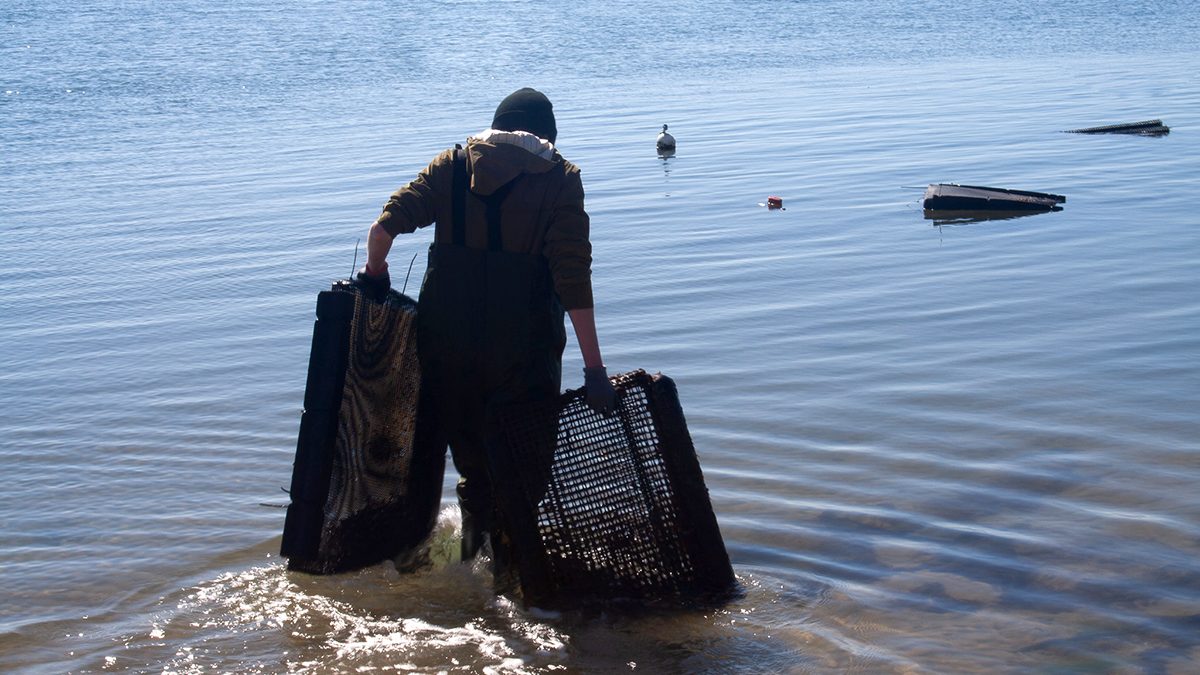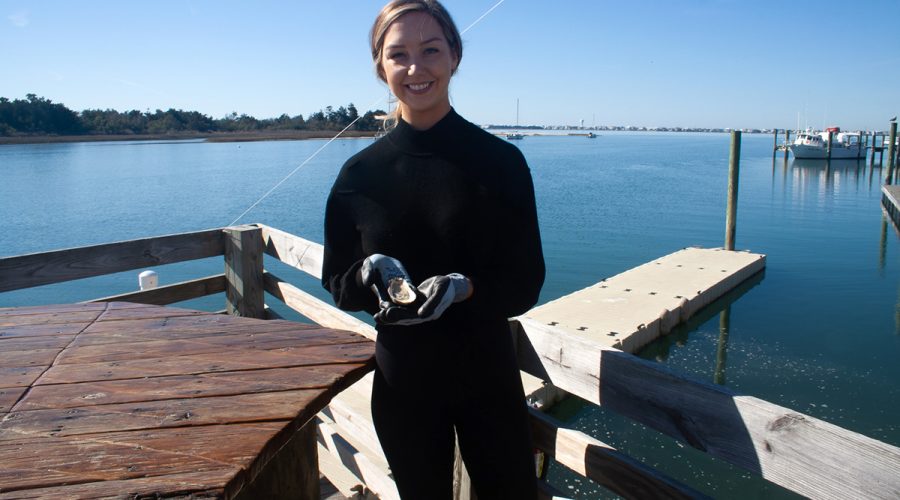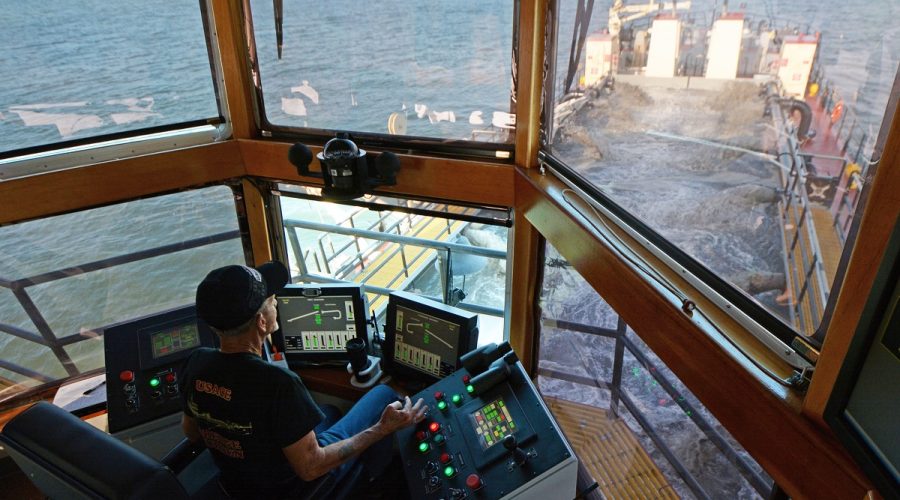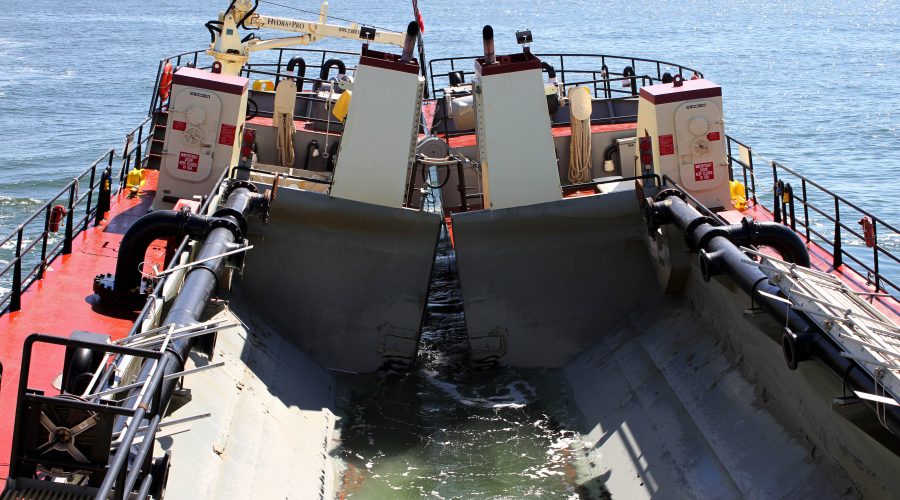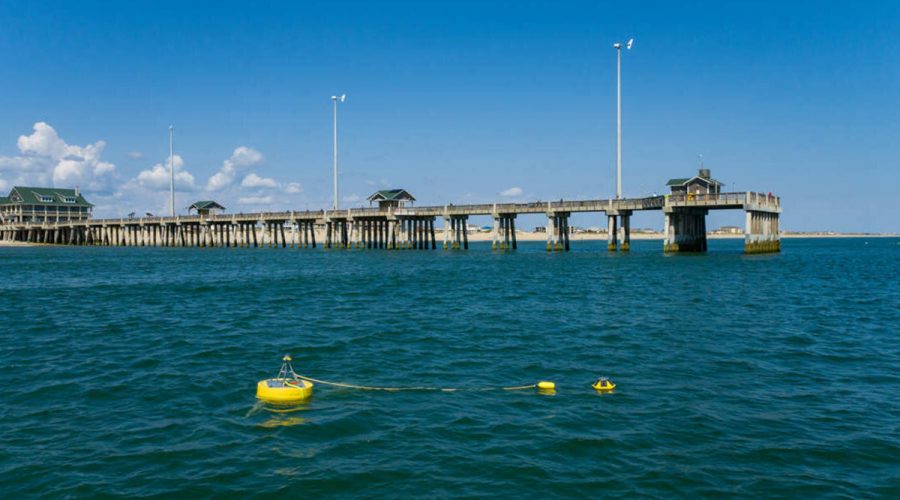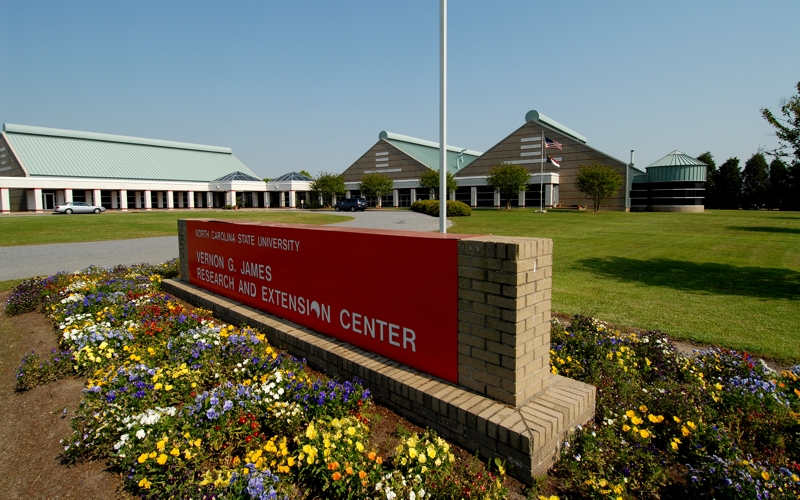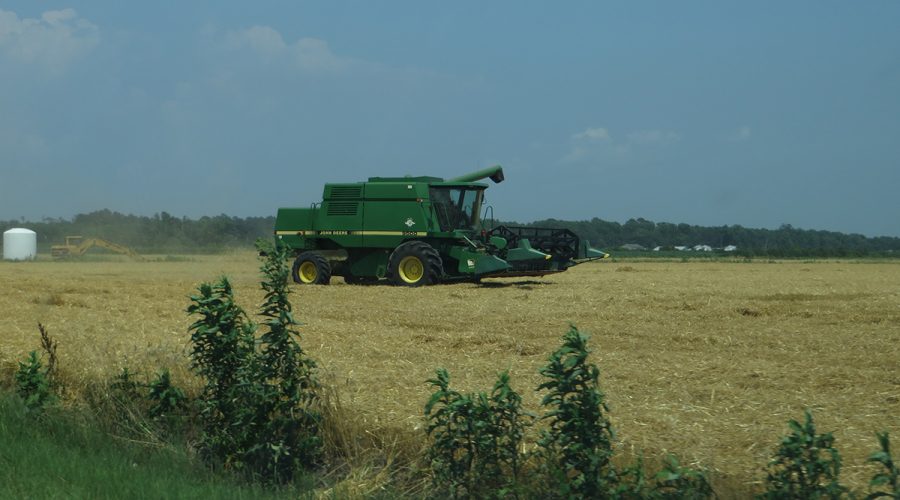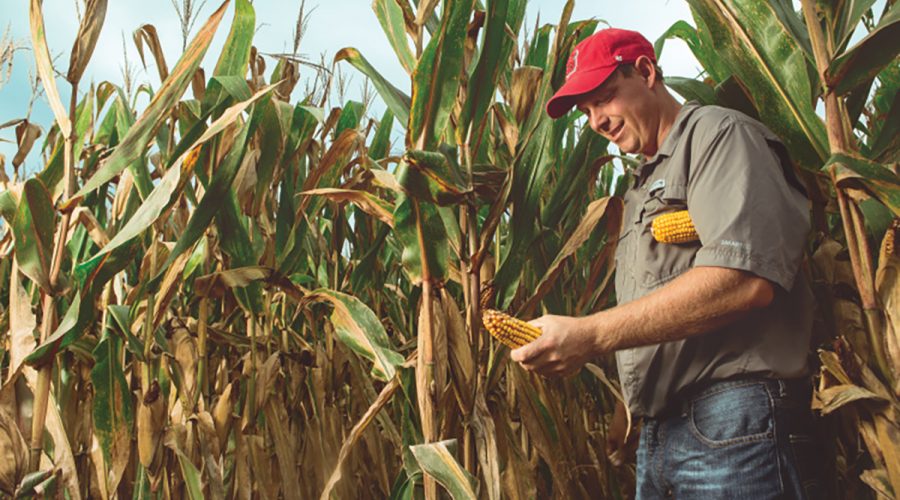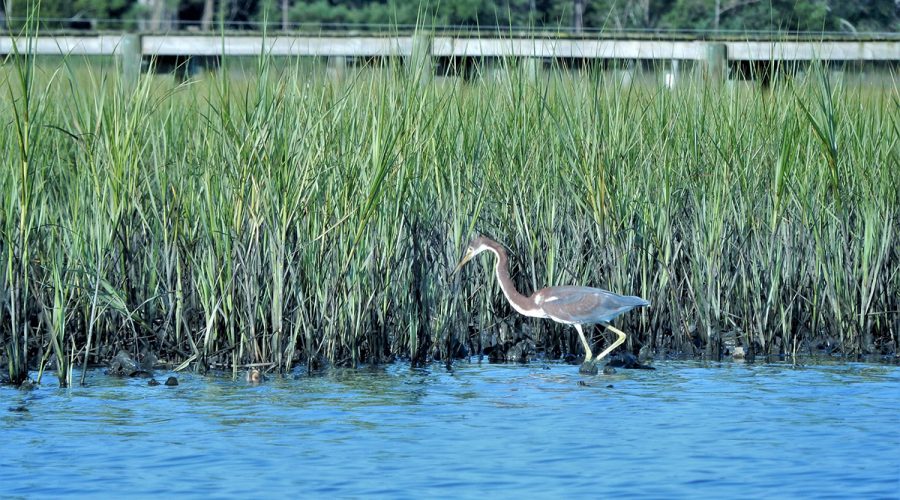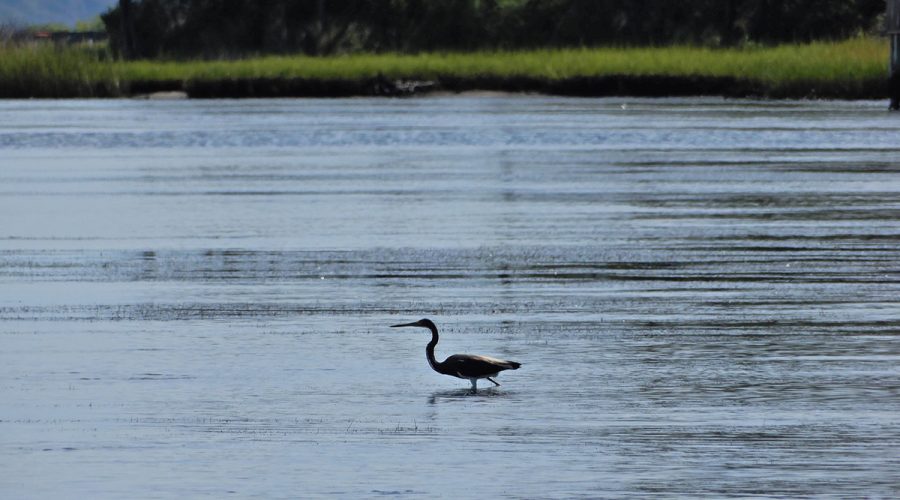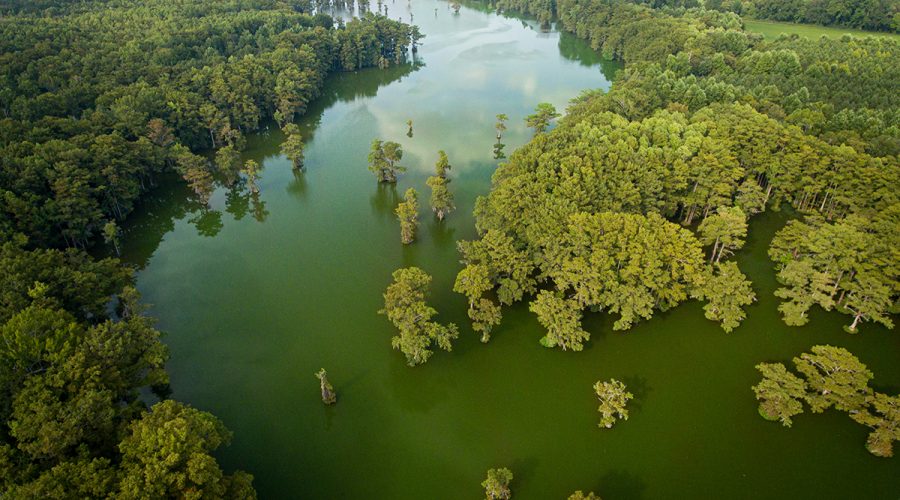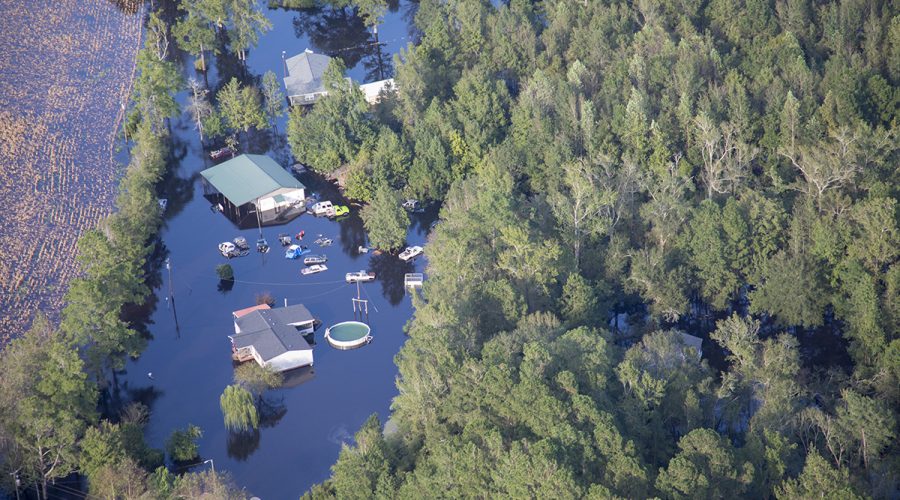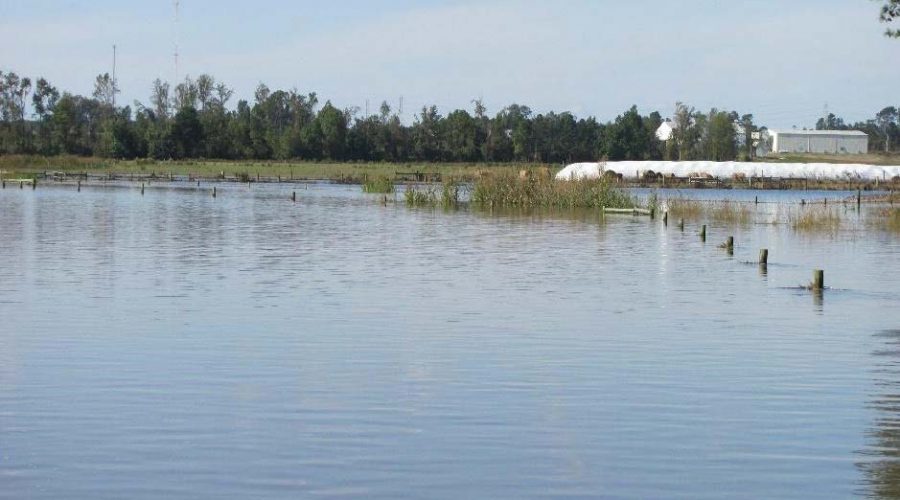In an industry that’s constantly evolving and a climate that’s also changing, environmental monitoring, science and training appear to be key to the future of oyster farming and other forms of aquaculture.
Special Reports
Growing aquaculture industry faces climate challenges
Aquaculture has the potential to help the world adapt to a changing climate, but warming ocean temperatures, storms and landscape changes could force the industry to adapt as well.
Federal funds set for northeast NC smaller dredge projects
Second in a new special reporting series on federal infrastructure spending and North Carolina’s navigation needs looks at the federal funds secured to maintain navigational channels and inlets in Dare and Hyde counties.
Federal dollars now available for North Carolina waterways
Millions of dollars in federal spending are set to be put to use clearing shoaling in North Carolina’s inlets, harbors and channels. First in a new special reporting series.
Institute part of effort to study harnessing ocean’s energy
The Coastal Studies Institute on the Outer Banks is now part of a global scientific collaborative to capitalize on the blue economy, which was highlighted during the U.N. climate conference in November as a technological revolution.
Climate solutions may rely on farms, but technology lags
Farmers know the climate is changing but it could take years before research can confirm the effectiveness of agricultural efforts to conserve nitrogen and sequester carbon.
Agriculture and a warming planet: complex dynamics
The Intergovernmental Panel on Climate Change report on climate change and land released in 2019 reveals dynamics between land, plants and water in a rapidly warming planet.
Climate in peril: A coastal NC farmer’s perspective
More frequent storms with record amounts of rainfall have pummeled farms in the region and rising saltwater has reached low-lying fields, but while some still question the science, farmers are working to adapt.
Methane’s climate effects get new attention during summit
Methane’s role as a greenhouse gas was recently elevated to new prominence during the U.N. climate change conference in Glasgow, but here in North Carolina, addressing a big source of emissions won’t be easy.
An Outer Banks reporter walks into a global climate summit
Longtime Coastal Review correspondent Catherine Kozak recently attended the United Nations Climate Change Conference of the Parties, or COP26, where attendees seemed to know little about coastal North Carolina, despite the significant climate perils facing this part of the world.
Panel with stakes in clean water adds to coastal habitat plan
A group of nine people with backgrounds and interests in the coastal economy and related water quality issues provided its recommendations for improving the state’s Coastal Habitat Protection Plan.
Resilience, natural approach basis of habitat plan tweaks
Proposed amendments to the state’s official plan for protecting, restoring and conserving coastal habitats and fisheries drill in on newly specific priorities linked to water quality and climate change.
Something is causing more algal blooms in more places
Algal blooms have been recurring problems in the Chowan River Basin, but excess nutrients have triggered more and more, including those deemed harmful or toxic, but scientists aren’t sure exactly why.
Study finds combined threats to water quality after flooding
Results from a recent NC State study highlight the double whammy of microbial contamination of surface waters posed by failing human wastewater infrastructure and animal agriculture after storm inundations.
NC at a crossroads in dealing with water quality challenges
As North Carolina’s population continues to grow, algal blooms and other signs of human-caused nutrient pollution in rivers and estuaries stand to worsen.
Seeds of Resilience May Be In Forests, Farms
Support appears to be growing in North Carolina for using natural, restored and working lands to help offset carbon emissions and reduce flooding severity.

